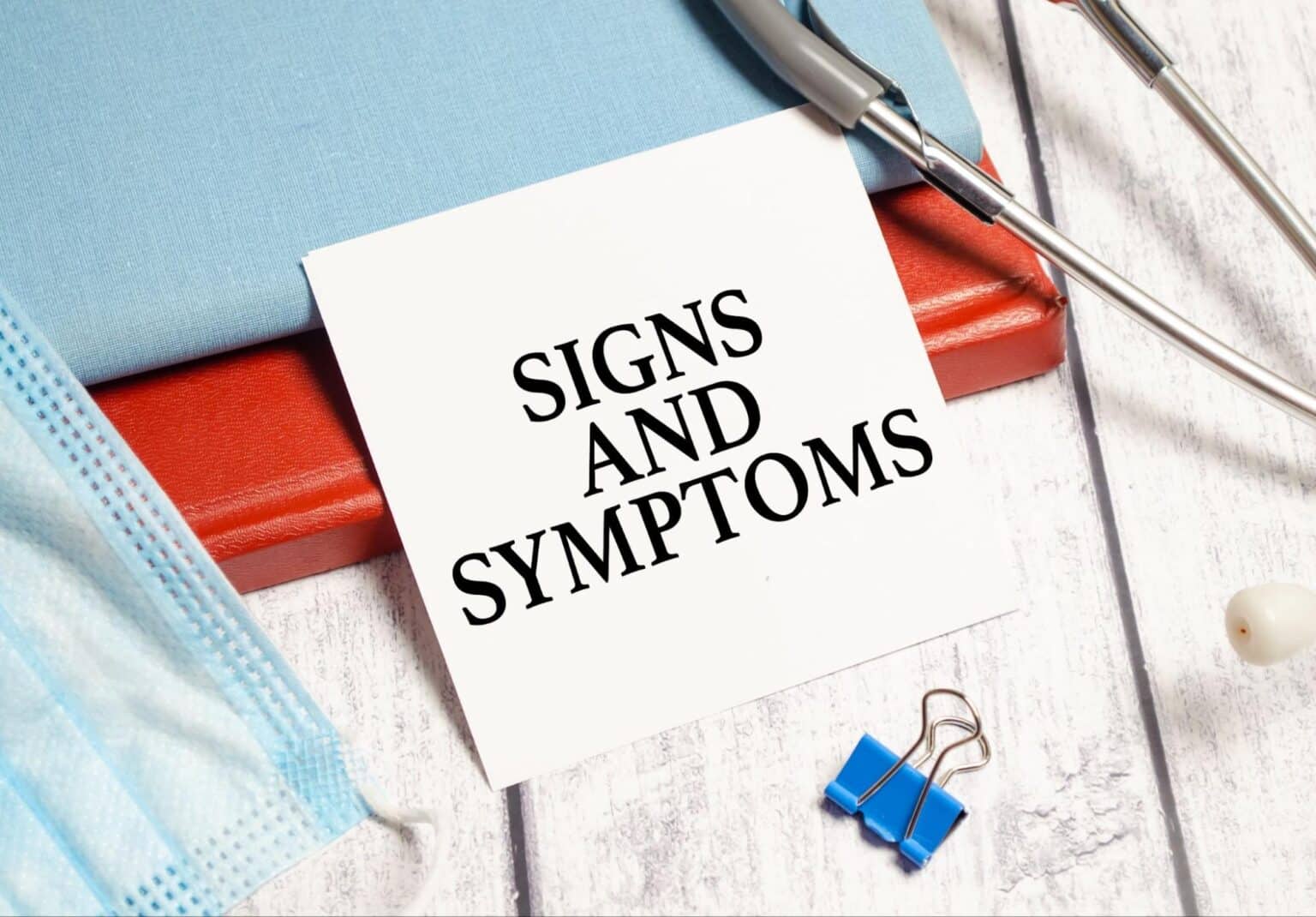This article highlights the less conspicuous signs of grain-induced inflammation, offering a roadmap for self-awareness and proactive health management. Whether you suspect grains may be causing you trouble or simply want to optimise your well-being, delve into these often-missed indicators and empower yourself to take control of your health.
Beyond Gut Discomfort: Unexpected Signs of Grain-Induced Inflammation

While digestive issues like bloating, constipation, and diarrhoea are commonly associated with grain sensitivity, the body’s inflammatory response to grains can sneakily express itself in less obvious ways. Let’s explore a few key areas where subtle signs may manifest:
- Chronic Fatigue and Low Energy: Feeling inexplicably exhausted despite adequate sleep? Frequent energy crashes and brain fog can be telltale signs of ongoing low-grade inflammation triggered by grains.
- Skin Issues: Eczema, acne, and unexplained rashes can sometimes be connected to grain-induced inflammation. The body may resort to expelling inflammatory markers through the skin, resulting in these visible manifestations.
- Brain Fog and Memory Problems: Uncharacteristic difficulty concentrating, remembering things, or foggy thinking could indicate inflammation impacting brain function.
- Joint Pain and Muscle Aches: Diffuse aches and pains throughout the body, particularly in the joints, can be a symptom of systemic inflammation triggered by grains.
Why Early Detection is Key

Leaving grain-induced inflammation unchecked can have far-reaching consequences. Chronic inflammation is linked to numerous health issues, including autoimmune diseases, heart disease, and even certain cancers. Recognising the subtle signs early on allows for timely intervention through dietary modifications and potentially complementary therapies, mitigating the risk of these complications.
Taking Action: Your Path to Well-being

If you suspect grain-induced inflammation may be impacting your health, don’t hesitate to seek professional guidance from a qualified healthcare practitioner. They can help you navigate diagnostic tests and formulate a personalised plan for managing your specific needs. Additionally, here are some proactive steps you can take:
- Start a food journal: Track your meals and symptoms to identify potential triggers and patterns.
- Experiment with dietary modifications: Consider eliminating gluten-containing grains or adopting a grain-free diet for a trial period to assess your response.
- Focus on anti-inflammatory foods: Incorporate plenty of fruits, vegetables, and healthy fats into your diet to support your body’s natural anti-inflammatory mechanisms.
- Prioritise stress management: Chronic stress can exacerbate inflammation, so find healthy ways to manage stress like meditation, yoga, or spending time in nature.
Remember, listening to your body’s subtle signals is crucial for maintaining optimal health. By actively engaging with your well-being and seeking professional support when needed, you can successfully navigate the challenges of grain-induced inflammation and unlock a path to vibrant health.
Bonus Tip: Unlock our Resources section for brain-boosting recipes, gut-friendly guides, and expert insights to fuel your inflammation-fighting journey!



